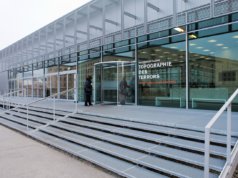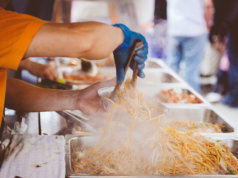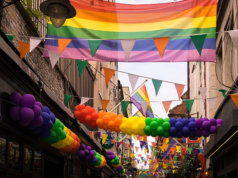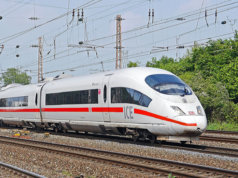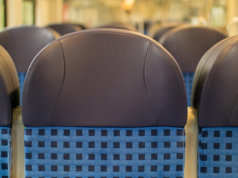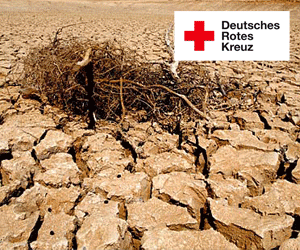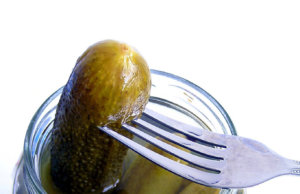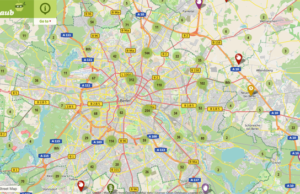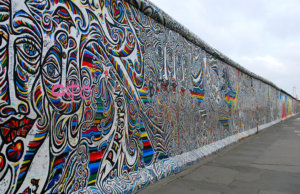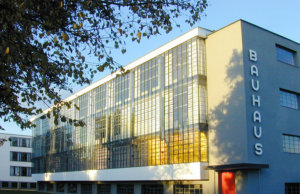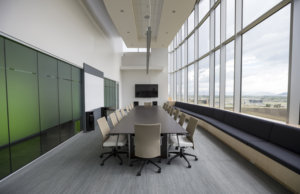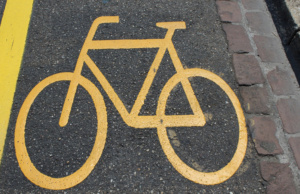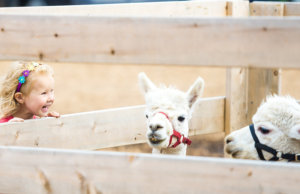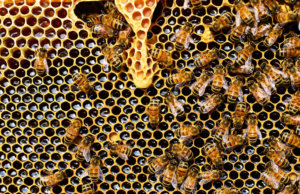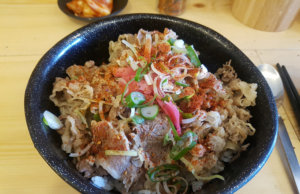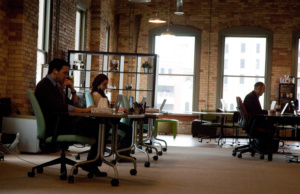The influx of refugees has significantly decreased this year in Germany compared to the last, says DW. Now the government and citizens are tasked with a way to integrate these more than 1 million migrants into the culture.
A job, a home, language courses… these are all key steps to the integration process. And they take time.
Building an invisible bridge through food
According to Hungarian born journalist Anna Gyulai Gaal:
“Food, indeed, creates an invisible bridge between people. It brings us back to our basic humanity, and a shared meal gives people the space to talk and build empathy for one another.”
Twice a month, she opens her home in the Neukölln district of Berlin into a Berlin supper club through the online platform WithLocals.com. But this is no ordinary dinner party. And she’s not the one cooking.
She’s teamed up with her friend and documentary filmmaker Boryana Ivanova—a Bulgarian-born refugee activist—to create an online sign-up, inviting Berlin’s refugees to come over for dinner.
“I realized one day that the newcomers — I don’t like the word ‘refugees’ — need to interact with locals. Integration can only begin by an initial meeting,” says Gyulai Gaal.
The women—coming mostly from Syria, but also from Iraq, Afghanistan and other countries—come over to prepare typical dishes from their country. At the same time, Gyulai Gaal and Ivanova invite local Berliners to join for the meal, at a cost of €35 per person. This goes towards the cost of ingredients, but also to the women who are cooking too.
Because of their refugee status, the cooks are not allowed to work and earn money in Germany. So, instead, Gyulai Gaal gives them the money at the end of the dinner that the guests have paid.
Bridging cultures, too
The dinners are truly an international meeting of the minds, for refugees and guests alike. Gyulai Gaal describes a recent dinner to the NY Times. Guests included a Hungarian, two Greeks, three Americans and a German. They feasted on traditional Syrian and Middle Eastern dishes cooked by five Syrian women.
https://www.instagram.com/p/BEna3bGIJQG/?taken-by=gyganna&hl=en
Tabbouleh salad, lamb and rice stuffed grape leaves, bazalya, a mixture of minced lamb, beef, peas, carrots and cashews, and the star of the show, rgaga, a chicken and caramelized onion pie from southern Syria.
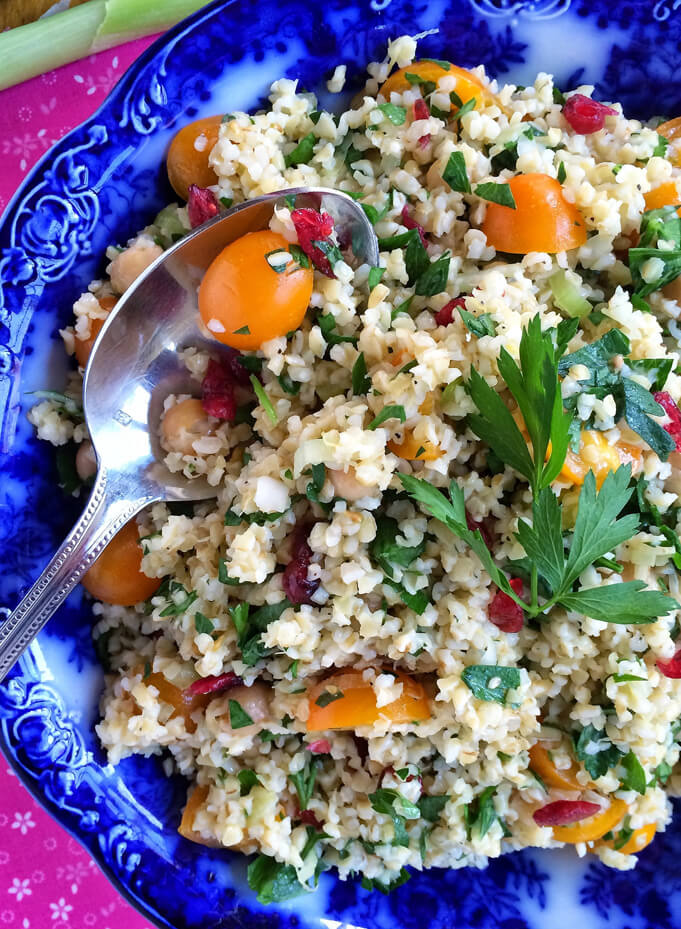
During the dinner, the guests mingle with the cooks, learning more about them. What was life like in their home country? What is it like in the refugee camps? What was the voyage to get to Germany like?
Little by little, all the guests get a little more comfortable and it starts to feel like your average dinner party among friends.
“There was laughter, phone numbers were exchanged, and it felt like the first step toward integration—five new friends, multiple cultures, one delicious meal,” says Gyulai Gaal.
But of course the dinners don’t come without their moments of awkwardness. During the first dinner, Gyulai Gaal tried to convince two of the Syrian women to sing for the guests, as they had sung so beautifully while they were all cooking. When they refused, she assumed it was out of shyness. Later, however, she realized that their religion doesn’t allow them to sing in front of men that are strangers.
Or another time, she had to stop a German man from clinking his wine glass to one of the Syrian women’s glass of water. The woman, who was Muslim, didn’t drink alcohol and was still adjusting to being in the same room as people who were. It was a big step for her to come to the event where the guests drank wine to begin with. At the same time, it only seemed second nature for the German man to clank his glass in the traditional “Prost!”.
After several dinners, Gyulai Gaal says she’s learning to pause first and ask the refugees what is okay, and what isn’t. But to her, this is how she can contribute to “extending the meaning of “home” to some of them”.

